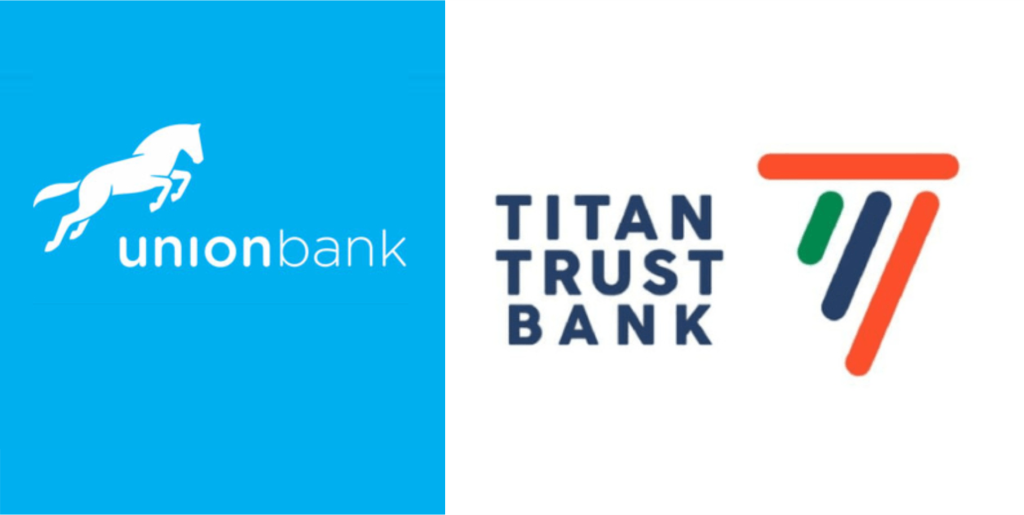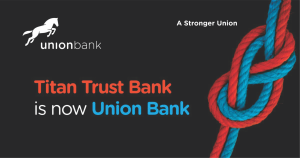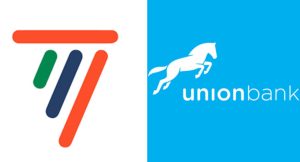Union Bank and Titan Trust Bank Merger, Reshaping Nigeria’s Financial Institutions’ Mileage

Nigeria’s financial sector has entered a new chapter. Union Bank of Nigeria, one of the country’s oldest and most recognizable institutions, has officially completed its merger with Titan Trust Bank (TTB) after receiving approval from the Central Bank of Nigeria (CBN). With the deal finalized, Titan Trust ceases to exist as a standalone entity, its operations and assets fully absorbed into Union Bank.

At first glance, this looks like a reversal of fortunes. Just three years ago, Titan Trust Bank, a new breed on the financial sectors block, established in 2019, short to the star with a knack for aggressive expansion steered by its chairman – Tunde Lemo. This productive aggression stunned the banking industry with their acquisition of 89.39% stake in Union Bank in 2021. Many saw the transaction as a takeover, with the modern upstart set to consume the 106-year-old institution. Today, the Union Bank’s brand that survives the merging transition, based on a decision shaped not only by boardroom calculations but also by the regulatory push towards reshaping the Nigerian finance.
The business equation rides on the backdrop of a sweeping recapitalization program currently ongoing in Nigeria. In April 2024, the CBN mandated that international banks must raise a minimum of ₦500 billion in share capital by March 2026, while national banks must secure ₦200 billion. Titan Trust reportedly fell short of the threshold by around ₦30 billion, making the case for folding into Union Bank’s larger balance sheet and legacy brand.
Union Bank’s compliance now puts it in the company of Nigeria’s elite, alongside Access Bank, Zenith Bank, Wema, Jaiz, Providus, Stanbic IBTC, Stanbic and Lotus Bank. The merger underscores how regulatory muscle is accelerating consolidation, weeding out weaker players and forcing even ambitious challengers to rethink their strategies.
The human impact beyond the boardroom scenes, affords customers a promised seamless transition, with the CBN’s regulation. Just like the Access-Diamond Bank merger in 2019, Titan Trust customers will keep their account numbers, cards and access channels, though under Union Bank brand. The move blends Union Bank’s reputation for stability with Titan Trust’s flair for innovation. A combination that offers the best of both communities.
But mergers are never just about systems. For employees, questions remain about job security, role overlaps and corporate culture. Staff members may be asking of where they stand and what holds for them in this corporate-elephant marriage, considering a mix of different work-culture of corporate orientation and energy.
On the consumer side, the hope is that a bigger, stronger Union Bank will mean better service delivery, digital innovation and more competitive lending. Small businesses, which make up a large share of Union Bank’s portfolio, are watching closely to see if access to credit improves. To the everyday Nigerians navigating high inflation and rising unemployment, a stable banking partner can mean the difference between keeping a business afloat and closing shop.

The merger also reveals the political weight of banking reforms. The CBN Governor, Yemi Cardoso, has repeatedly stressed that recapitalization is essential to ensure Nigerian banks can weather shocks, deliver efficient services to customers, support larger-scale lending and position themselves globally. As of July 2025, only 8 of 44 banks had met the requirements, underlining the scale of the challenge ahead.
At the same time, the government’s policies are creating new winners and losers. For Titan Trust, once hailed as a symbol of homegrown ambition, regulatory arithmetic has clipped its wings. For Union Bank, long seen as a legacy institution trying to stay relevant, policy has provided a second life.
In a society where banks are not just financial intermediaries but custodians of trust, mergers carry symbolic weight. Union Bank, with its “Big, Strong, Reliable” brand’s byline, remains etched in the minds of older Nigerians. Titan Trust, though short-lived, had positioned itself as the bank of the future, wooing tech-savvy customers. The fusion raises a generational question: can Union Bank reinvent itself as both a heritage brand and a modern challenger?
The social dimension extends further. Bank consolidation often leads to branch closures in rural areas, disproportionately affecting communities already underserved by financial institutions. Civil society groups have urged the CBN to ensure that recapitalization does not deepen financial exclusion in a country where 64% of adults still lack access to formal credit.
For now, Union Bank’s new chapter is being marketed as strength through synergy. Management has pledged to invest in technology, expand digital offerings, and maintain customer trust. Yet the true test lies not in regulatory compliance, but in execution: whether the bank can turn its bigger balance sheet into tangible value for households, businesses, and the wider economy.
In Nigeria’s reforming financial landscape, this merger is more than a corporate deal. It is a reflection of how policy, politics, regulation and people collide. Whether it becomes a model of stability or a cautionary tale, time will tell by drawing its story from on how Union Bank navigates the promises and pitfalls of its new identity.









